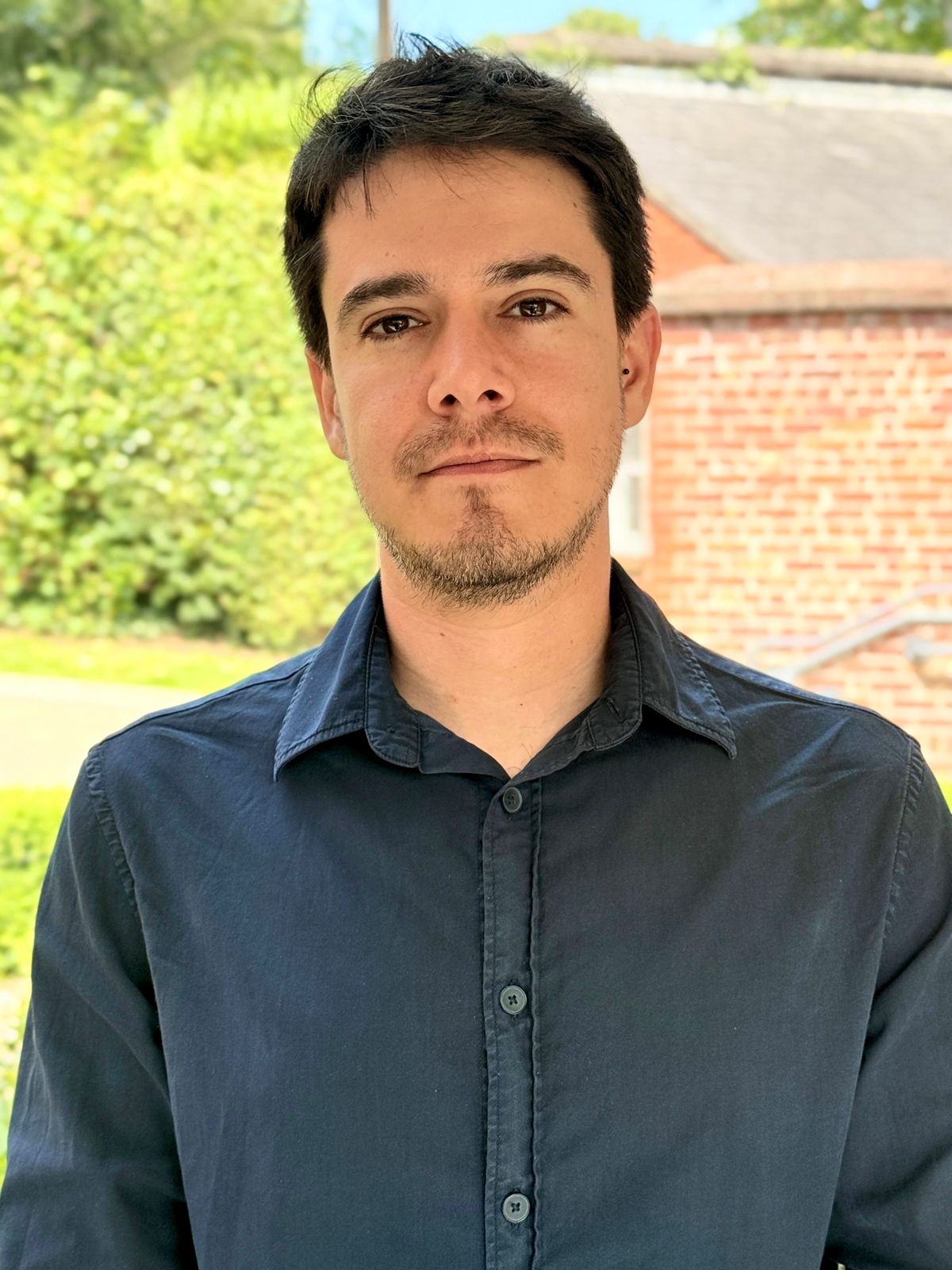When Sustainability initiatives and Indigenous Realities meet: Ontological Violence in the case of the ‘Paiter Suruí Carbon Credit REDD+ Project’
ABSTRACT
Sustainability initiatives are increasingly engaging with Indigenous realities across the world. Developed through diverse frameworks and supported by public and private actors, these initiatives involve claims of conservation and development. However, such notions of development often assume common ground between Indigenous realities and sustainability initiatives, neglecting foundational differences that can lead to contemporary forms of colonization and violence. In this paper, we explore how multi-actor sustainability initiatives and Indigenous realities interact by empirically examining the Paiter Suruí Carbon Credit REDD+ Project in Rondônia, Brazil. Drawing from a political ontology lens, we analyze moments of engagement between Indigenous realities and external actors, through which we theorize what we call ontological violence – the disruption of foundational modes of life imposed by external ethical frameworks. We argue that despite the potential benefits of such programs, sustainability initiatives can ultimately lead to the disruption of Indigenous ways of life through the imposition of external impositions.
BIOGRAPHY
Lucas Stocco (he/him) is a Research Fellow at Queen’s University Belfast, working on the GEMINI Project (Geothermal Energy Momentum on the Island of Ireland). His research examines business model innovation in the geothermal sector, with emphasis on governance systems, community-led transitions, and the role of environmental and social stewardship in shaping sustainable energy futures. He holds a PhD in Business Administration (Innovation and Sustainability) from the University of São Paulo, with a split doctorate at Imperial College London Business School supported by CAPES-Brazil. His doctoral research investigated how Indigenous communities in the Brazilian Amazon develop entrepreneurial activities rooted in relational connections to the forest and the cultural significance of the Brazil nut tree. This work showed how Indigenous enterprises transcend conventional models by integrating knowledge systems, rhythms of community life, and respect for more-than-human relations, offering insights into sustainable supply chain dynamics and biodiversity stewardship.
Lucas Stocco

